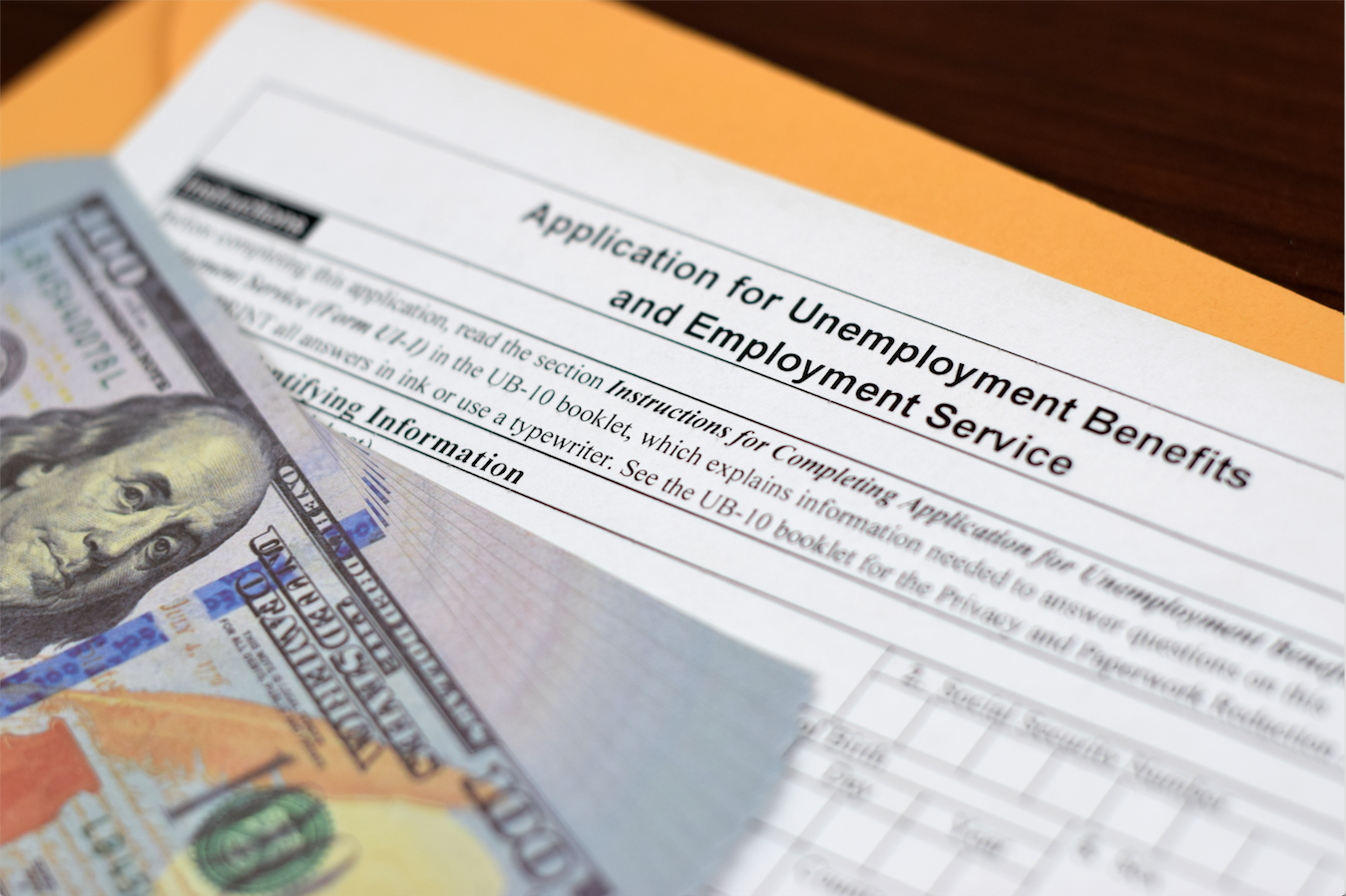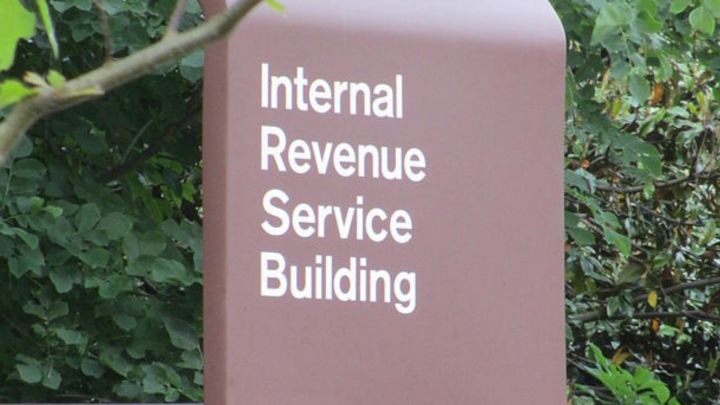
You must pay at least $25 monthly, but if you owe over $5,000, your minimum monthly payment is $50.Taxpayers who owe $5,000 or less can take up to 36 months to pay. The MA DOR offers payment plans for people who are behind. When you contact a MA tax pro, they can help you find the best resolution option for your situation. If you owe MA state taxes, here are some potential resolution options. The MA DOR has a variety of programs to help you pay your back taxes. Tax Resolution Options for Massachusetts Back Taxes To help you out, this guide provides an overview of the tax resolution options in Massachusetts, followed by an explanation of the MA DOR tax debt collection process. The sooner you make arrangements, the better - this agency has broad powers to enforce various collection actions. If you owe MA back taxes, you must work with the DOR to make arrangements for your tax debt. The Department also administers tax incentives and abatements and supports local governments in administering their tax programs. The Department collects various taxes, including personal and corporate income, sales, and property taxes. The Massachusetts Department of Revenue (DOR) is the state agency responsible for tax collection and administration in Massachusetts. Enter the deduction on MA Form 1-NR/PY, Schedule Y, Line 9a.Massachusetts: Tax Resolution and Collection OverviewĬollections Process and Payment Options for Massachusetts Back Taxes.Report the deduction as an adjustment on U.S.If you repaid the benefits in the same year, then the amount is also deductible. Form 1040 (Line 7) as income on MA Form 1-NR/PY (Line 5). Enter the supplemental unemployment benefits subject to Massachusetts tax that you reported as wages on U.S.

Enter the deduction on MA Form 1, Schedule Y, Line 9a.Report the deduction as an adjustment on your U.S.Form 1040 (Line 1) as income on MA Form 1 (Line 3). Enter the supplemental unemployment benefits you reported as wages on U.S.To claim the deduction on your tax return Residents If you have no income to apply the deduction to, you cannot use it in a later year. You must take the deduction in the year you repaid the unemployment. If you repay the benefits in a following year, you can take a deduction as long as you paid tax on supplemental unemployment benefit income in the year you received it because you believed you had a right to it. Claim this deduction by reporting your supplemental unemployment benefits as income. If you repaid those amounts in the same tax year you received them, then you can deduct them. If you receive supplemental unemployment benefits, you may have to repay them to qualify for trade readjustment allowances. These supplemental unemployment benefits are usually paid under guaranteed annual wage plans and you must report them as income. They are taxable as wages and can be withheld for income tax, but aren't subject to Social Security and Medicare tax. Form 1040, Schedule 1.īenefits you received from an employer-financed fund you didn't contribute to are not treated as unemployment compensation. Report the deduction as an adjustment on U.S. If you surrender jury duty pay to your employer in return for your normal salary while on jury duty, then the amount is also deductible.Form 1040, Schedule 1 that is subject to Massachusetts tax as income on MA Form 1, Schedule X, Line 4. Enter the jury duty pay you reported on U.S.Enter the deduction on MA Form 1, Schedule Y, Line 9a.Report the amount as an adjustment on U.S. If you surrender jury duty pay to your employer in return for your normal salary while on jury duty, then the amount is also deductible.Form 1040, Schedule 1 as income on MA Form 1, Schedule X, Line 4. To claim the deduction on your tax return:

If you surrender jury duty pay to your employer in return for continuing your normal salary while on jury service, then you can deduct the jury duty pay from your gross income.

Generally, you must include the jury duty pay reported on Form 1099 in both federal and Massachusetts gross income as "other income" on your tax returns.


 0 kommentar(er)
0 kommentar(er)
